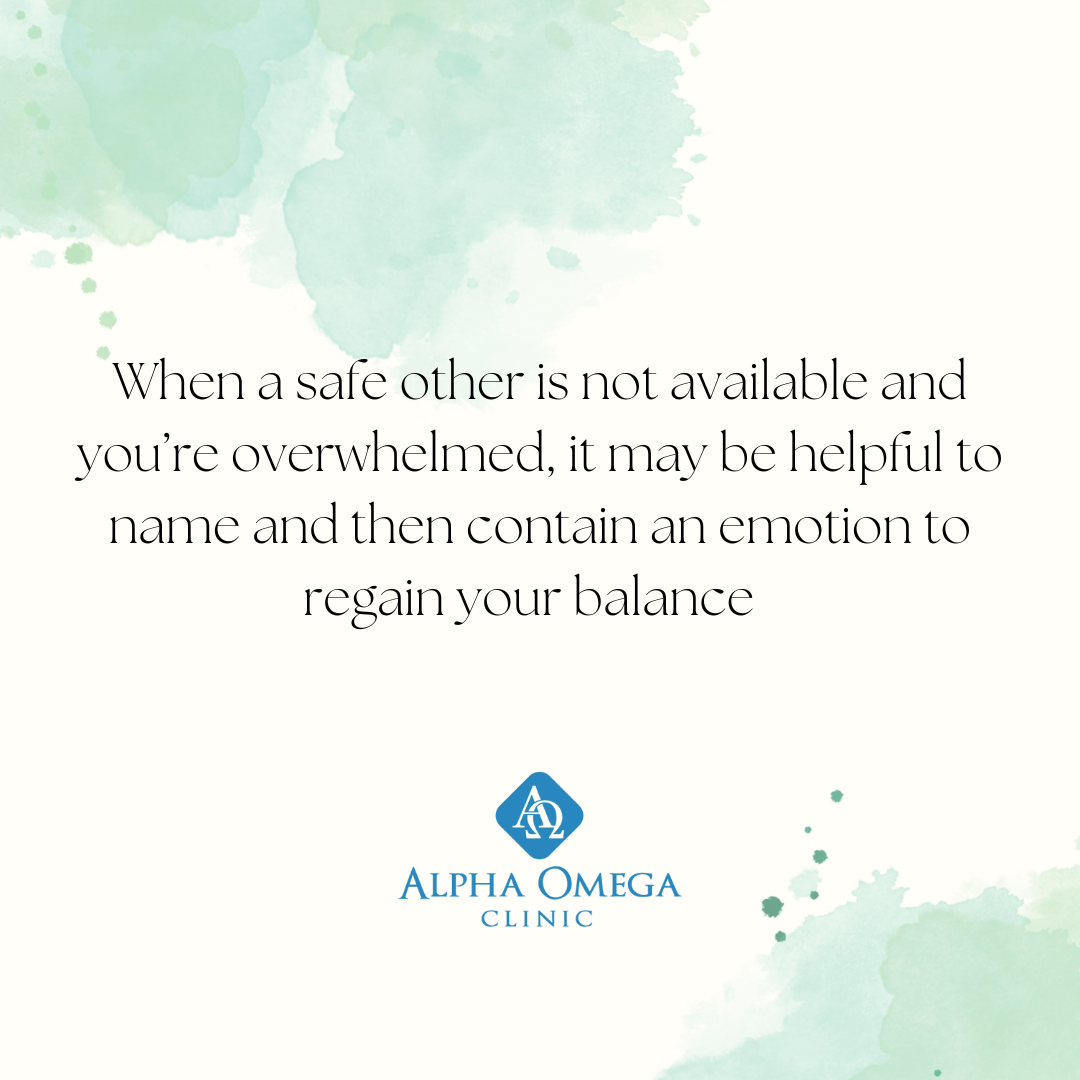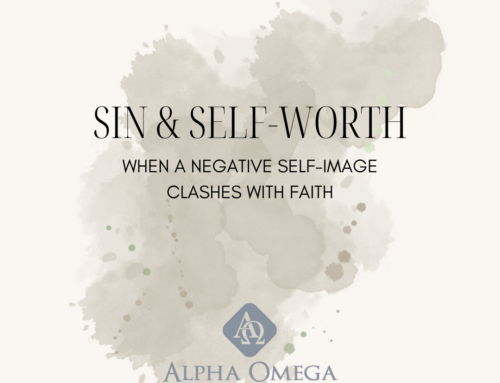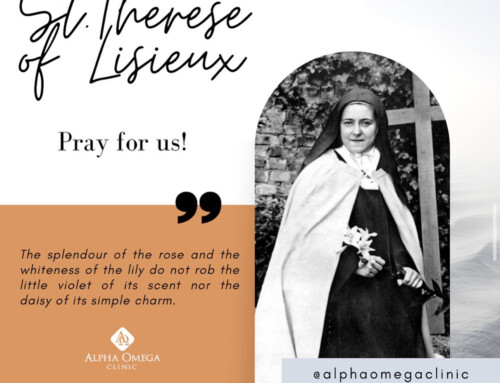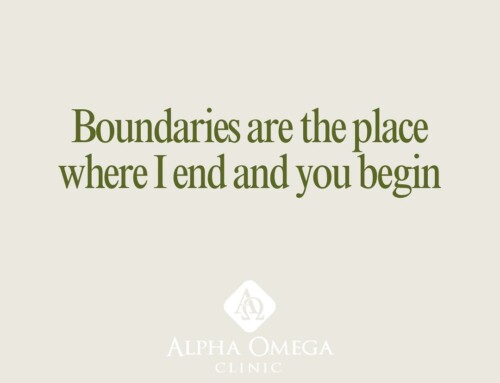Containment is an effective strategy when we need to slow down our emotional experience or create space within ourselves. Sometimes we’re not in a position to process emotions, don’t have someone available to turn to, or need a break from our own distress. Whatever the reason, it’s likely there will be a time when containment is the best option.
It should be noted that containment is not suppression. Suppressing emotions may work temporarily (and may have been a life saving coping strategy at some point in your life) but there is an expiration date to this strategy and when that happens, the emotions typically come back with greater intensity. Containment on the other hand, is a way of “holding” and validating emotion until it can be processed more fully at a later time. It creates space but doesn’t dismiss or suppress the emotion.
You can use the following exercise to practice containment if that seems like a good strategy for you.
- Find somewhere relatively safe where you will be undisturbed and close your eyes
- Notice what’s happening in your body or how the emotion is showing up in your experience
- Picture a place that is soothing or comforting but private, like a room with some of your favorite things. Look around and imagine people or items that help you feel safe
- Now, come up with an image to represent the emotion you’re feeling. Many people choose animals but others prefer objects, figures, or ambiguous shapes. There’s no wrong image, just make sure it fits the emotion
- Acknowledge the emotion and thank it for being there. Let it know that although you appreciate it, you need it to stay in this room for now and you’ll come back later. If necessary, you can picture a cozy chest or container and place the emotion in there, again reassuring it that it’ll be safe and you’ll be back soon
Want more ways to receive this content? Follow us on Instagram or Facebook or subscribe to our e-newsletter.
* The information provided is for self-enrichment and not intended to replace any necessary mental health treatment.
Warmly,
Jonathan Dixon, LMFT
Jonathan Dixon is a Licensed Marriage and Family Therapist in Virginia who has offered mental health services at Alpha Omega Clinic’s Fairfax office since 2013. He is an active member of the Association of Marriage & Family Therapy.





